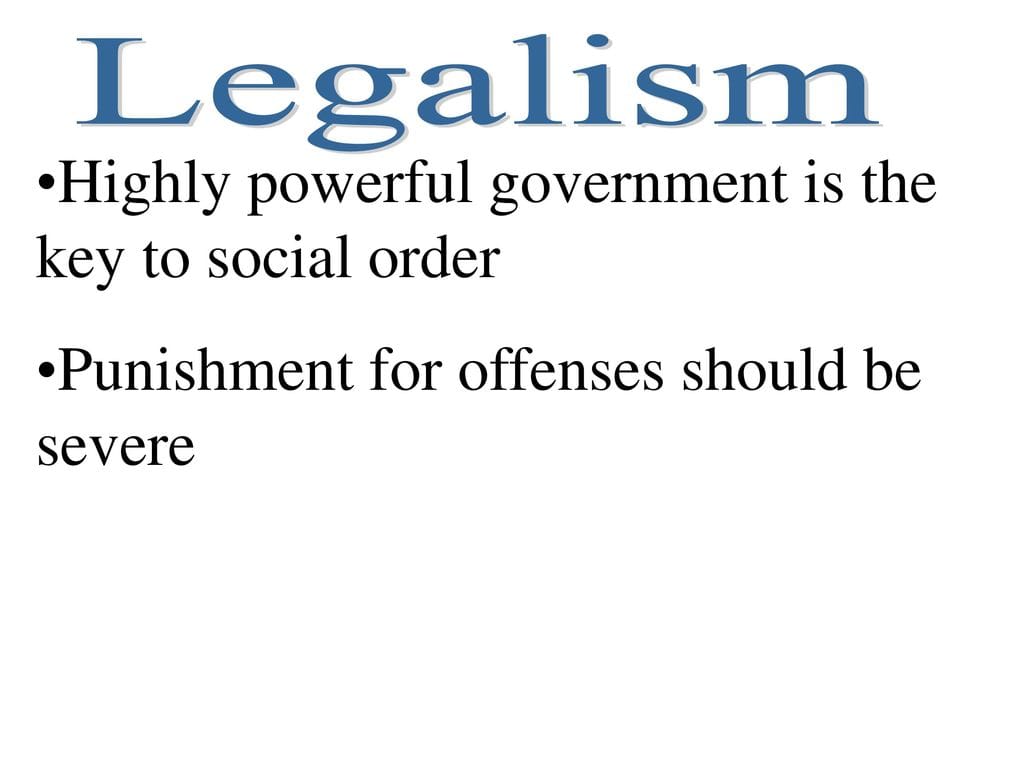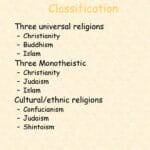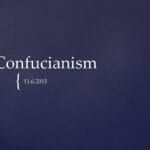The question isn’t whether a powerful government is needed, but rather what ideology cultivates sustainable strength: Legalism’s iron fist or Confucianism’s moral compass? This exploration delves into the heart of two prominent ancient Chinese philosophies, Legalism and Confucianism, to analyze their contrasting approaches to governance and their effectiveness in creating a powerful state.
Foundations of Power: Contrasting Philosophies
Imagine a society governed by an intricate web of laws and regulations, where transgressions are met with swift and severe punishment. This is the essence of Legalism. In contrast, envision a society where moral cultivation, ethical leadership, and the pursuit of social harmony are paramount—this is the heart of Confucianism.
Legalism, with its emphasis on strict laws and punishments, posits that a strong and prosperous state necessitates a powerful government that maintains order and control through stringent measures. This approach, championed by thinkers like Han Feizi and Shang Yang, stems from the belief that human nature is inherently selfish and prone to wrongdoing, requiring external constraints to ensure compliance.
Confucianism, conversely, contends that a truly powerful government is built not on fear and coercion, but on the foundation of a virtuous citizenry. This philosophy, attributed to the sage Confucius, emphasizes cultivating moral virtue in individuals and fostering ethical relationships within society as the path to social harmony and, by extension, a powerful state.
Powerful Government: Divergent Paths
Legalism and the Iron Fist of Order
The Legalist path to a powerful government hinges on:
- Clearly Defined Laws: Unambiguous laws leave no room for misinterpretation, ensuring everyone understands the boundaries of acceptable behavior.
- Swift and Severe Punishments: The certainty of harsh penalties for transgressions serves as a powerful deterrent against wrongdoing.
- Centralized Authority: Consolidating power in the hands of a capable and decisive ruler streamlines decision-making and enables efficient governance.
Legalism’s strengths lie in its effectiveness in establishing order, centralizing power, and promoting social control, proving particularly valuable in times of crisis or when rapid change is needed. However, this approach carries inherent weaknesses. The reliance on fear and coercion can breed resentment among the populace, stifling creativity and innovation. Moreover, the concentration of power, while efficient, opens the door to tyranny and the potential abuse of authority.
Confucianism and the Strength of Virtue
Confucianism takes a starkly different route, advocating for a powerful government rooted in:
- Moral Cultivation: Education plays a pivotal role, focusing not just on knowledge acquisition but also on instilling moral values and cultivating virtuous character in individuals.
- Ethical Leadership: Leaders are expected to be paragons of virtue, leading by example and inspiring the populace to embrace ethical conduct through their own actions.
- Social Harmony: By fostering a sense of shared values, mutual respect, and social responsibility, Confucianism aims to create a society that governs itself from within, mitigating the need for external control.
The strength of the Confucian approach lies in its capacity to foster a sense of social responsibility, promote long-term stability through education and moral development, and cultivate a citizenry invested in the state’s well-being. However, this model is not without its limitations. Confucianism’s emphasis on tradition and consensus-building can lead to slow adaptation to change. Moreover, its effectiveness hinges on the moral character of those in leadership positions, leaving it vulnerable to corruption and internal power struggles if individuals deviate from the intended virtuous path.
Finding Balance: A Path to Enduring Power
History offers compelling case studies illustrating the strengths and weaknesses of both Legalism and Confucianism in action. The Qin Dynasty (221-206 BCE) provides a prime example of the rapid, albeit short-lived, success of Legalism. By embracing strict laws, harsh punishments, and centralized authority, the Qin Dynasty achieved swift unification and centralized power. However, its reliance on oppressive measures ultimately sowed the seeds of its downfall, leading to widespread resentment and rebellion.
The subsequent Han Dynasty (206 BCE – 220 CE), in contrast, ushered in a golden age of stability and prosperity that endured for centuries. This era saw the flourishing of Confucian ideals, with a focus on education, moral cultivation, and benevolent governance. While not without its challenges, the Han Dynasty’s longevity speaks to the potential of Confucianism in fostering long-term stability.
These historical examples underscore a crucial insight: enduring power likely lies not in rigid adherence to a single philosophy, but in a nuanced and adaptive approach that integrates the strengths of both Legalism and Confucianism. A balanced approach might involve:
- Maintaining a Clear Legal Framework: Drawing from Legalism, establishing clear laws and efficient administrative structures provides a necessary framework for order and stability.
- Cultivating a Virtuous Citizenry: Embracing Confucian principles, fostering a culture of ethics, promoting education, and nurturing moral development in individuals creates a more sustainable foundation for lasting power rooted in shared values and social responsibility.
The Enduring Relevance of Ancient Wisdom
The interplay between Legalism and Confucianism continues to resonate in contemporary discussions about governance. Confucianism’s emphasis on soft power, influencing through culture, values, and moral authority, finds echoes in contemporary international relations. Modern states grapple with finding the optimal balance between prioritizing law and order through stricter measures, reflecting elements of Legalism, and emphasizing social welfare, individual development, and ethical leadership, echoing Confucian principles.
Ultimately, the question of which system of belief leads to the best government remains a subject of ongoing debate. The most effective approach likely varies depending on the historical context, cultural values, and specific challenges faced by a society. However, by examining the enduring legacies of Legalism and Confucianism, we gain valuable insights into the complexities of governance and the multifaceted nature of power. The pursuit of a more just and flourishing society requires not a simplistic choice between the iron fist and the moral compass, but rather a nuanced understanding of how these seemingly opposing forces can complement and balance each other.
















